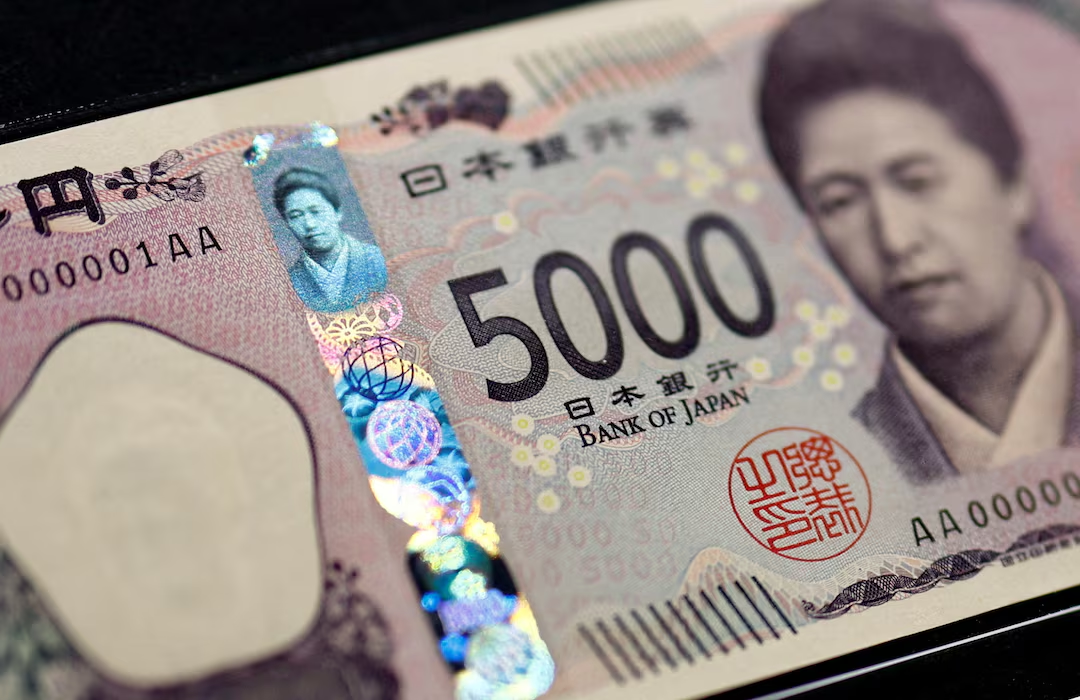Rising inflation in Argentina, likely exceeding 200% last year, has led to significant changes in the social and spending habits of its residents. Traditional gatherings, such as the asado barbecue, have become more challenging to afford as meat and vegetable prices soar. Inflation, estimated to be around 28% in December, has impacted grocery costs, outpacing salary and pension increases.
Argentine retiree Susana Barrio, 79, highlights the challenges, stating that she no longer invites friends for barbecues, a tradition deeply embedded in the country’s social life. Inflation rates in Argentina are at their highest since the 1990s, with the country grappling with economic challenges and deep fiscal deficits.
Guillermo Cabral, a 60-year-old butcher shop owner, emphasizes the confusion caused by rapidly changing prices, recounting a situation where he mistakenly quoted a customer a price twice the actual amount. President Javier Milei, elected on a platform of addressing economic issues, plans to implement austerity measures to combat inflation and rebuild government finances.
However, Milei acknowledges that improvement will take time, and many Argentines are already feeling the impact of tightening budgets, with a significant portion of the population experiencing poverty. Retiree Graciela Bravo, 65, mentions the need to carefully manage purchases, buying fewer items and smaller quantities to prevent spoilage.
Lawyer Alejandro Grossi, 49, reflects on the adaptability of Argentines to inflation, stating that buying fewer items has become a normalized response to changing prices. The situation has become a natural part of life, with inflation and fluctuating prices ingrained in the daily experiences of the population.



